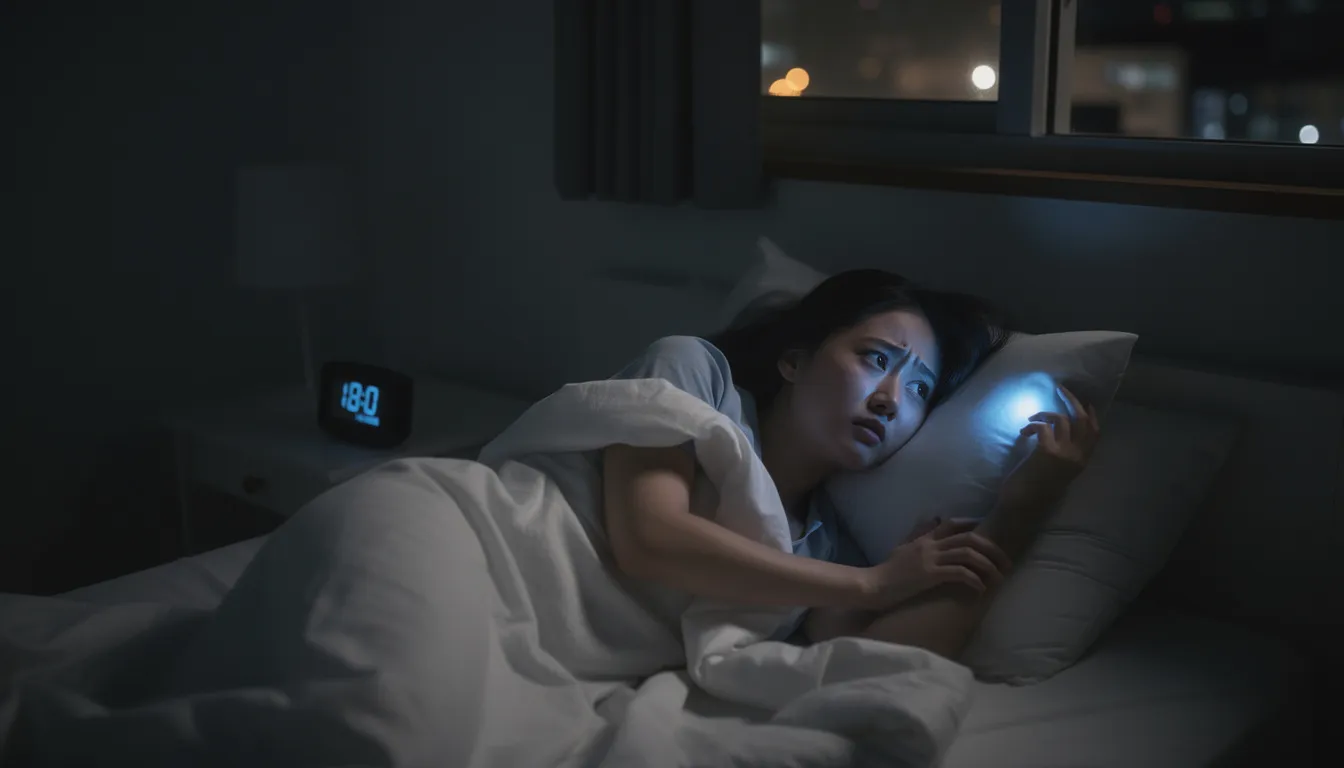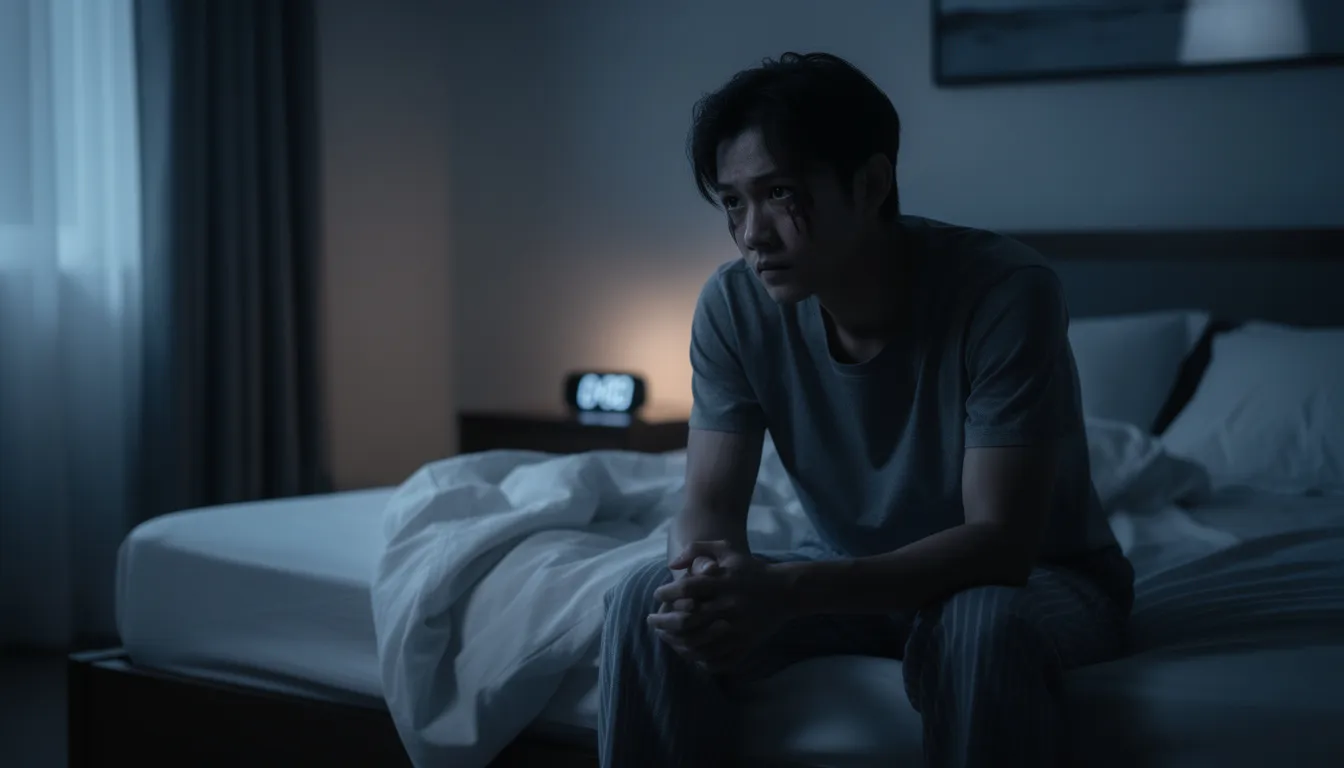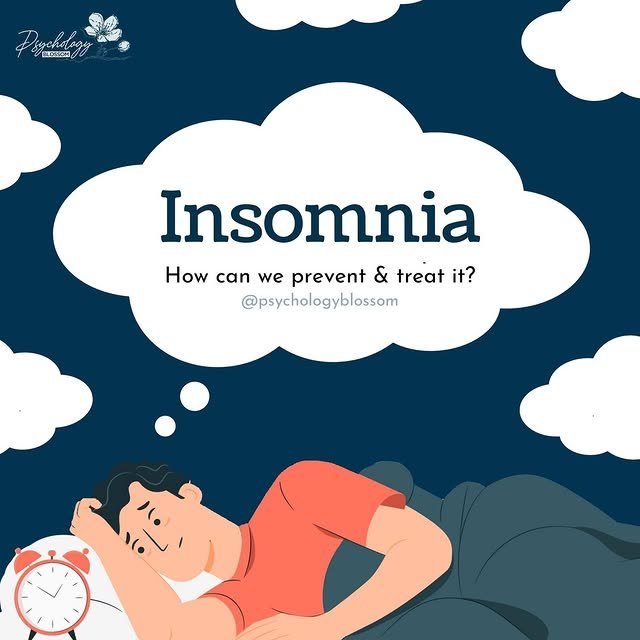How to Cure Insomnia: Understanding and Overcoming Sleep Difficulties
Insomnia is a common sleep disorder characterised by difficulties initiating and maintaining sleep. Insomnia disorder is a clinical condition that is distinct from occasional sleeplessness, defined by persistent sleep difficulties that significantly impact daily functioning. Insomnia symptoms include trouble falling asleep, staying asleep, waking up too early, and experiencing poor sleep quality. It can manifest as problems falling asleep at the start of the night, waking up multiple times, or waking up earlier than intended without being able to return to sleep. According to a study by SingHealth, 13.7% of older adults aged 60 and above reported experiencing sleeplessness, highlighting how widespread this issue is in Singapore and beyond. While occasional sleeplessness and sleepless nights are common, chronic insomnia—especially long term insomnia—can have severe consequences on health, mood, productivity, and quality of life. Primary insomnia refers to cases where no external cause is identified, and the condition persists independently.
Insomnia symptoms
Insomnia manifests through a range of symptoms that affect both nighttime rest and daytime functioning. The disorder often creates a cycle of sleeplessness and worry, where concern about poor sleep further exacerbates the problem.
-
Difficulty falling asleep at night
-
Waking up in the middle of the night and struggling to return to sleep
-
Waking up too early in the morning
-
Not feeling refreshed after a full night’s sleep
-
Daytime tiredness, low energy, or persistent sleepiness
-
Irritability, depression or anxiety
-
Difficulty concentrating, paying attention, or remembering details
-
Increased risk of mistakes, accidents, or reduced work performance
-
Ongoing worries about sleep, creating anticipatory stress at bedtime

Many individuals with insomnia report lying awake in bed for long periods, feeling anxious about not being able to sleep. Over time, the bed itself becomes associated with stress rather than rest, reinforcing the disorder.
Common Causes of Insomnia and Sleep Disorders
Insomnia rarely arises without cause. A combination of lifestyle factors, medical conditions, and psychological challenges can contribute to its onset and persistence. These causes can reduce total sleep time and impact restorative sleep, affecting both the quality and duration of rest.
-
Stress: Concerns about work, school, finances, or family issues keep the mind active and prevent relaxation.
-
Travel or Work Schedule: Jet lag from traveling across time zones or irregular shifts can disrupt the body’s circadian rhythm.
-
Poor Sleep Habits: Irregular bedtime schedules, late-night screen use, excessive napping, or stimulating activities before bed can prevent quality rest.
-
Eating Before Bed: Heavy meals before bedtime may cause discomfort, indigestion, or heartburn, disrupting sleep.
-
Mental Health Disorders: Anxiety and depression are strongly linked with sleeplessness, often creating a cycle where each condition worsens the other.
-
Medication: Certain prescription drugs, including some antidepressants, steroids, and stimulants, may interfere with sleep. Some medications, including sleep medications, can disrupt sleep by fragmenting sleep stages and altering sleep architecture, which may reduce deep sleep and overall sleep quality.
-
Sleep Disorders: Conditions like sleep apnea or restless legs syndrome directly disrupt the sleep cycle.
-
Substances: Caffeine, nicotine, and alcohol affect the brain’s sleep mechanisms and reduce sleep quality. Alcohol and certain drugs can delay or fragment REM sleep and reduce the amount of deep sleep, further impacting restorative sleep.
Understanding the root causes is essential, as treatment for insomnia often begins with identifying and addressing these contributing factors.
Risk Factors
While anyone can experience sleeplessness, some groups are more vulnerable than others:
-
Hormonal changes during menstrual cycles, menopause, or pregnancy
-
Older age, as sleep patterns and health conditions shift with time
-
Existing mental or physical health disorders, such as chronic pain or depression
-
Stressful life events, including bereavement, job loss, or major transitions
-
Irregular sleep schedules due to lifestyle or occupational demands
These factors may not directly cause insomnia, but they increase the likelihood that normal sleep patterns will be disrupted.
Poor Sleep Consequences
The consequences of poor sleep extend far beyond feeling tired the next day. Chronic insomnia and other common sleep disorders can significantly disrupt daily life, leading to persistent daytime sleepiness, reduced concentration, and lower productivity. Over time, poor sleep habits can increase the risk of developing other sleep disorders, such as sleep apnea and restless legs syndrome, further impacting sleep quality and overall health. In addition, ongoing sleep problems can negatively affect mental health, contributing to mood swings, irritability, and even depression or anxiety.
Maintaining a regular sleep schedule and practicing good sleep habits—like establishing a relaxing bedtime ritual—are essential steps to improve sleep quality and prevent the negative effects of poor sleep. By prioritizing restful sleep and addressing chronic insomnia early, individuals can reduce the risk of developing additional health issues and enjoy better physical and mental well-being.
Prevention: How to stop being afraid to go to bed

While not all cases of insomnia are preventable, adopting good sleep hygiene and certain strategies can help prevent insomnia and significantly reduce risk while improving sleep quality. Lifestyle adjustments often serve as the first line of defence against chronic sleep difficulties.
-
Maintain a consistent sleep and wake schedule, even on weekends
-
Engage in regular physical activity during the day
-
Consult your doctor if prescribed medications may affect sleep
-
Avoid long or late naps that interfere with nighttime rest
-
Limit caffeine, alcohol, and nicotine intake, especially in the evening
-
Refrain from consuming heavy meals and excessive liquids before bed
-
Optimise your sleep environment: keep the bedroom dark, cool, and quiet, and consider using a sleep mask to block out light
-
Create a calming bedtime ritual such as meditation, reading, or listening to soft music
-
Only go to bed when you are truly sleepy to reinforce healthy sleep patterns
-
Learn good sleep habits, such as maintaining a regular routine and managing stress, to support long-term sleep health
-
Light therapy can help regulate your circadian rhythm and improve sleep quality, especially if you have trouble falling asleep at the right time
-
Behavioral strategies like sleep restriction therapy encourage you to stay awake during the day, which can help consolidate sleep at night
These small yet consistent changes often prevent occasional sleeplessness from developing into chronic insomnia and help you achieve a good night’s sleep.
Establishing a Bedtime Routine: Good sleep hygiene
Creating a consistent bedtime routine is a powerful way to improve sleep quality and treat insomnia. By following a regular sleep schedule and engaging in a relaxing bedtime ritual, you can help your body and mind transition smoothly into sleep mode. Simple activities such as reading a book, taking a warm bath, or practicing progressive muscle relaxation can signal to your nervous system that it’s time to wind down, making it easier to fall asleep and stay asleep throughout the night.
To further enhance your sleep environment, keep your bedroom cool, dark, and quiet, and invest in a comfortable mattress and pillows. Avoid stimulating activities and electronic devices before bed, as these can disrupt your sleep cycle and make it harder to achieve deep, restful sleep. By making these small changes, you can significantly improve your sleep quality and reduce the risk of developing sleep disorders.
Therapy for Insomnia
When insomnia persists, professional treatment can help restore healthy sleep patterns. Insomnia therapy encompasses a broad range of options, including behavioral therapies and pharmacological interventions. One of the most effective and well-researched approaches is Cognitive-Behavioural Therapy for Insomnia (CBT-I).
✽ Cognitive-Behavioural Therapy for Insomnia (CBT-I)
Cognitive therapy: This method helps reframe distorted beliefs about sleep and manage anxiety associated with bedtime. It may include constructive worry exercises and guided imagery to calm the mind.
Behavioural therapy: This involves practical strategies such as stimulus control (using the bed only for sleep), sleep restriction techniques, and relaxation exercises like progressive muscle relaxation and deep breathing. Sleep education is also an important component, helping patients understand healthy sleep habits and the factors that influence sleep.
Research consistently supports the efficacy of CBT-I. Unlike medication, which may provide temporary relief, CBT-I addresses the root causes of insomnia by modifying thought patterns and behaviours. CBT-I is particularly effective for people who have trouble falling asleep or experience sleep onset difficulties. As such, it often leads to lasting improvements in sleep quality and overall wellbeing.
In some cases, short-term use of medication may be prescribed, but most experts recommend therapy as the primary treatment due to its long-term effectiveness and absence of side effects. Sleep aids and sleep medications, including both prescription and over-the-counter options, can be considered for short-term relief, but they carry potential risks such as dependence, side effects, and limited long-term efficacy.
Clinical practice in sleep medicine, often grounded in internal medicine expertise, plays a crucial role in diagnosing and treating insomnia. Sleep medicine specialists use their broad medical background to tailor treatment plans for individual patients.
For complex or unclear cases, a sleep lab may be used to conduct overnight studies and diagnose underlying sleep disorders that contribute to insomnia.
Self help tools: Progressive muscle relaxation and more
For those experiencing mild insomnia or occasional sleepless nights, several self-help tools can be effective in improving sleep quality without the need for professional intervention. Techniques such as progressive muscle relaxation, deep breathing exercises, and mindfulness meditation help calm the nervous system and reduce anxiety that can interfere with falling asleep. Establishing a consistent sleep schedule and creating a relaxing bedtime ritual—like reading a book or listening to soft music—can also promote better sleep habits. Keeping a sleep diary to track patterns and identify potential triggers can empower individuals to make informed lifestyle adjustments. These simple, accessible strategies often provide significant relief for mild sleep difficulties and serve as a foundation for healthy sleep hygiene.
Sleep and Mental Health: How much Sleep is Enough?
The connection between sleep and mental health is profound. Poor sleep habits and chronic insomnia can contribute to the development or worsening of mental health disorders, such as depression and anxiety. When sleep quality suffers, it becomes more difficult to manage stress and maintain emotional balance, creating a cycle where mental health conditions and sleep problems reinforce each other.
Adopting good sleep habits—like sticking to a regular sleep schedule and incorporating a relaxing bedtime ritual—can help break this cycle and support better mental health. Treatment for insomnia, especially cognitive behavioral therapy for insomnia (CBT-I), not only addresses sleep difficulties but also helps improve overall mental well-being by changing unhelpful thought patterns and behaviors. By prioritizing restful sleep and maintaining a consistent routine, you can reduce the risk of mental health disorders and enjoy a better quality of life.
When to Seek Professional Help
If insomnia occurs more than three times a week and lasts for over three months, or if it significantly impacts daily functioning, it is advisable to seek help from a healthcare professional. Untreated insomnia increases the risk of developing depression, anxiety disorders, cardiovascular issues, and weakened immune function.
We recommend This Video to those who wants to learn more about Insomnia.








